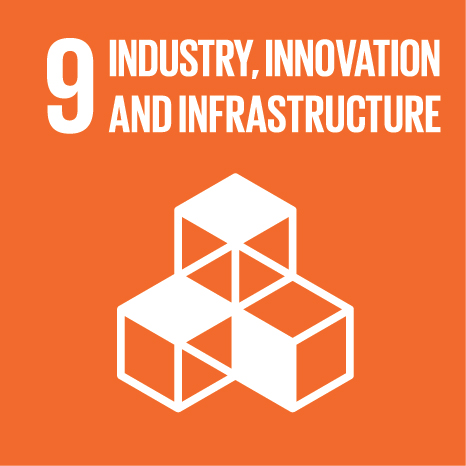 +265(0)111 624 222
+265(0)111 624 222 research@unima.ac.mw
research@unima.ac.mw Chirunga-Zomba, Malawi
Chirunga-Zomba, Malawi
How, What and Why do teacher educators in Malawi learn about technology?
Abstract
This qualitative study used a case study approach to explore the technology professional development of teacher educators in Malawi, examining four cases. The research focused on three key questions: How do teacher educators in Malawi engage in technology professional learning? What technological skills do they learn? Why do they pursue technology professional learning? Findings revealed that while teacher educators are motivated to enhance their technology competencies, the content of their professional development often lacks a focus on their specific professional roles, such as preparing future educators or modelling teaching practices. A key cultural issue influencing these findings may lie in how teacher educators conceptualise technology. This perspective may limit the scope of professional development, emphasising technical skills over broader pedagogical uses. The study highlights the importance of considering institutional and individual-level factors when implementing national teacher education standards. It also calls for further research into the role of research, community of practice, and mentoring in technology competencies, as well as a deeper exploration of how these practices vary across diverse educational contexts in Malawi.
| Original language | en |
| Volume | 5 |
| Issue number | 4 |
| Publication status | Published - 2025 |
UN SDGs
This research output contributes to the following United Nations (UN) Sustainable Development Goals (SDGs)

UN SDGs
This research output contributes to the following United Nations (UN) Sustainable Development Goals (SDGs)

UN SDGs
This research output contributes to the following United Nations (UN) Sustainable Development Goals (SDGs)
